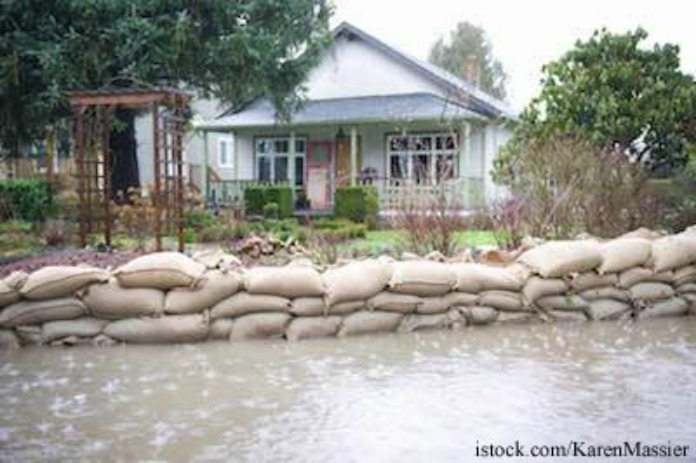With Hurricane Milton poised to hit Florida tomorrow, and people still cleaning up from Helene, there are some things you need to know about flood water. Drowning and building damage are not the only risks from floods. And this water is not just dirty. Flood waters contain chemicals, pollutants, bacteria, toxins, and viruses that can make you sick. And eating food or drinking water contaminated with these waters can be very dangerous.

Even containers that you think are sealed are not impervious to flood water. Charlotte County issued a bulletin about these dangers.
First, if you are under a boil water notice, use commercially boiled water for mixing baby food formula. Wash your hands with soap and either disinfected or boiled and cooled water, especially before preparing or eating food.
Containers that will keep food safe even after being in flood waters include food in commercially prepared cans that are not dented, swollen, or damaged, as well as food in commercially prepared glass containers. That’s it. Do not eat any food packaged in plastic, paper, cardboard, or cloth containers. Discard food and beverages with screw caps that have been in contact with flood water, even if they haven’t been opened, along with containers that have snap lids, crimped lids (soda bottles), twist taps, flip tops, and home canned food. These containers can’t be disinfected.
One of the pathogens often found in flood water is Vibrio vulnificus. If this bacteria enters an open wound, you a become seriously ill. Symptoms include diarrhea, vomiting, abdominal pain, fever, chills, high heart rate, and confusion. This pathogen can also cause serious illness if it contaminates food or water.
If you have well water, it may be unsafe to drink after a flood or hurricane. If you aren’t sure if your well water is safe, use bottled water (that has not been in contact with flood water) or boil water for drinking, making ice, brushing your teeth, and washing. Get your well water tested as soon as possible.




